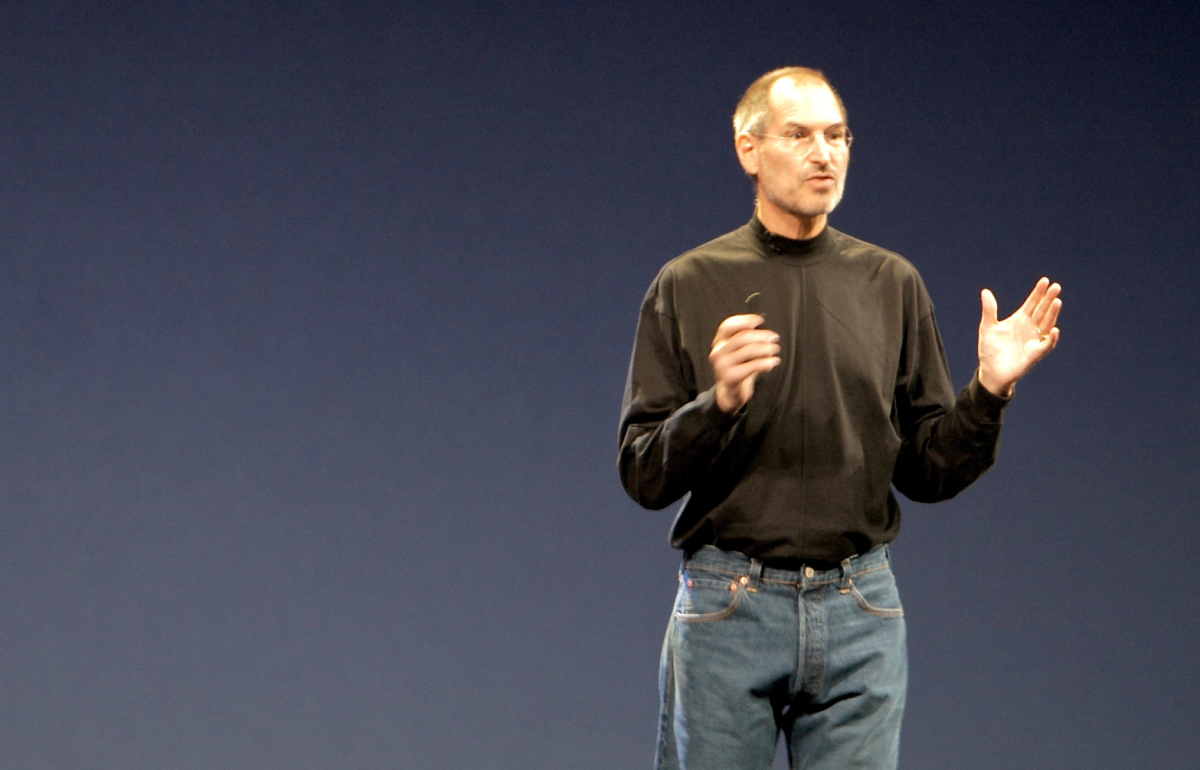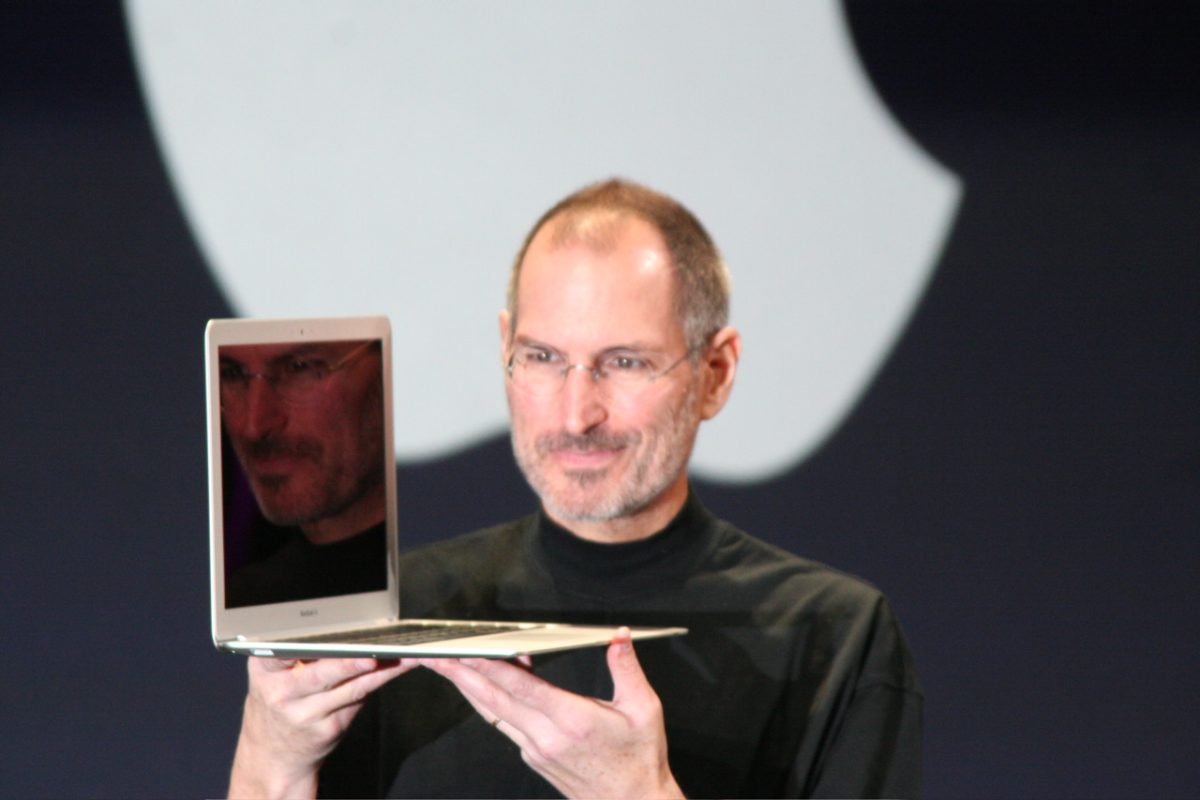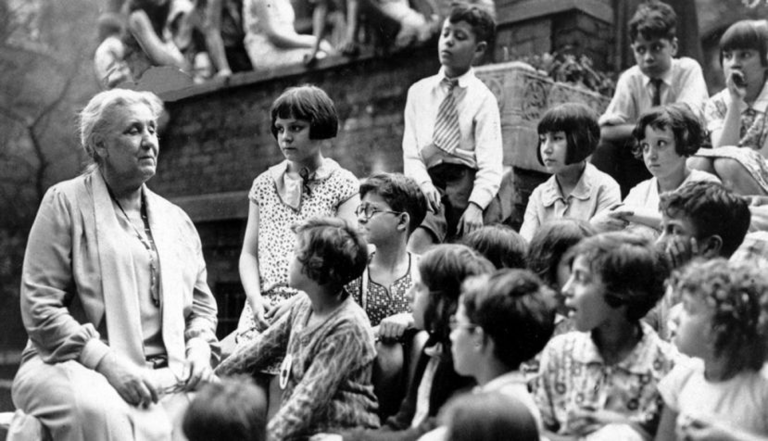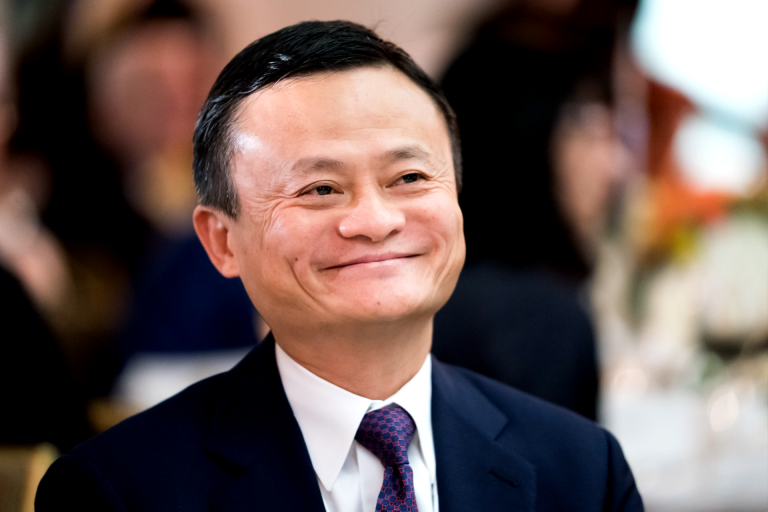Steve Jobs: Formative Years, Facts and Famous Quotes
Formative Years
Steve Jobs was born in San Francisco, California, on February 24, 1955. Paul and Clara Jobs adopted him shortly after birth and raised him in Mountain View, California. Jobs was interested in electronics and mechanics from a young age, often tinkering with gadgets and building things.
However, he struggled in traditional classrooms and was seen as a “loner” by his peers.

In 1976, Jobs co-founded Apple Inc. alongside Steve Wozniak. Together, they developed the Apple I and later the Apple II, which became highly successful and paved the way for the personal computer revolution. However, Jobs was forced to leave Apple in 1985 after a power struggle with the board of directors.
During his time away from Apple, Jobs founded NeXT, a computer platform development company, and invested in Pixar, which eventually became a leading animation studio. In 1997, Jobs returned to Apple when the company acquired NeXT. He played a crucial role in revitalizing Apple, introducing innovative products such as the iMac, iPod, iPhone, and iPad, and revolutionizing the technology industry.
Steve Jobs passed away on October 5, 2011, leaving a legacy of technological innovation and visionary leadership. His contributions to the personal computer industry and the creation of iconic Apple products have solidified his place as one of the most influential figures in modern technology.
Interesting Facts About Jobs
- Steve Jobs’s biological father was Abdulfattah “John” Jandali, a Syrian migrant who worked as a teaching assistant at the University of Wisconsin. There, he met Joanne Schieble, a graduate student who later gave birth to Jobs. Due to the unmarried pregnancy, infant Steve was put up for adoption.
- Jobs was a practitioner of Zen Buddhism and was also influenced by Eastern spiritualism and Hinduism. This shaped his simple, minimalist aesthetic.
- Steve Jobs once tried being a fruitarian, only eating natural foods from trees and plants. However, his unusual diet meant he suffered from body odor issues at the time.
- Steve Jobs’ speaking style and stage presence were heavily influenced by the 1976 Joan Baez concert he attended in his youth. He wanted audiences to connect with his passion.
- According to USA Today, Steve Jobs and his biological father, Abdulfattah Jandali, were reunited in Nevada by chance when Jandali was working in the restaurant industry. At the time, Jandali had no idea that the man he had met was his son, Steve Jobs.
- Steve Jobs had a biological sister named Mona Simpson, an
- American novelist and professor who has gained recognition for her literary works, including novels such as “Anywhere But Here” and “The Lost Father.”
Driving Innovation with Heart
Steve Jobs democratized technology, taking computers and mobile devices from niche business products to indispensable consumer items, improving quality of life. By humanizing tech and focusing on simplicity, artistry, and accessibility, Jobs revolutionized personal computing for the masses.
Even when ousted and struggling with health issues, he persevered to envision products transforming modern life, from animated films at Pixar to Apple iPods and iPhones.
Deeply moved by his early adoption experience, Steve and his wife founded COLLEGE TRACK to empower disadvantaged youths’ social mobility through higher education. They developed an intensive program guiding students from underserved areas to graduate college, the first in their families to do so.
Over 98% of College Track high school seniors have gained college acceptance. Steve Jobs used his influence to innovate broadly across the tech sector and social programs.
Steve Jobs exemplified the grit, creative genius, and relentless vision that pioneered products that sparked societal shifts. He also compassionately lifted others through education, understanding that developing humans created positive ripples, spreading technological and social progress globally and transforming connections, communication, and creativity.

Job’s Famous Famous Quotes
“Innovation distinguishes between a leader and a follower.”
“Your work will fill a large part of your life, and the only way to be truly satisfied is to do what you believe is great work. And the only way to do great work is to love what you do.”
“Stay hungry, stay foolish.”
“Your time is limited, so don’t waste it living someone else’s life. Don’t be trapped by dogma.”
“I’m convinced that about half of what separates the successful entrepreneurs from the non-successful ones is pure perseverance.”
“Sometimes, when you innovate, you make mistakes. It is best to admit them quickly and get on with improving your other innovations.”
“Technology is nothing. What’s important is that you have faith in people, that they’re good and smart, and if you give them tools, they’ll do wonderful things with them.”
“My business model is the Beatles. They were four guys who kept each other’s negative tendencies in check. They balanced each other, and the total was greater than the sum of the parts.”
Steve Jobs lived an extraordinary life full of adversity and accomplishment, distilling insightful lessons into quotes that have become a fount of motivational quotes for generations.
You will Always be Remembered.
Steve Jobs was a visionary leader who transformed personal computing and communication. His passion for innovation and commitment to elegant design revolutionized the tech industry. Despite setbacks, Jobs persevered to create accessible products that would change modern life.
His pioneering work at Apple and Pixar sparked a creative shift toward humanizing technology.
Conclusion
Steve Jobs exemplifies the innovative spirit and visionary leadership that have shaped the technology industry. Jobs with notable similarities with Warren Buffett, as an American entrepreneur, are their shared commitment to simplicity and clarity in their entrepreneurial fields.
While Jobs revolutionized consumer technology with his iconic products, Buffett’s disciplined investment approach has yielded remarkable success in the financial world. Together, their enduring legacies emphasize the importance of dedication, strategic thinking, and a relentless pursuit of excellence in achieving lasting impact and success in business.






